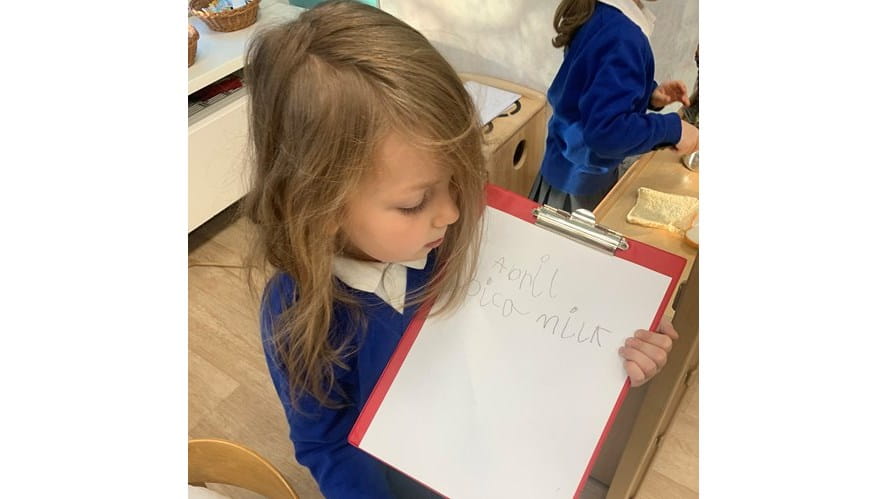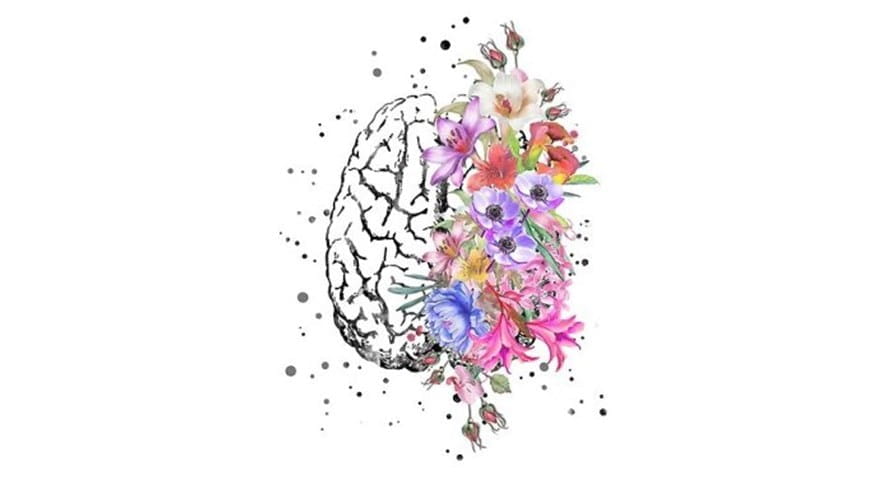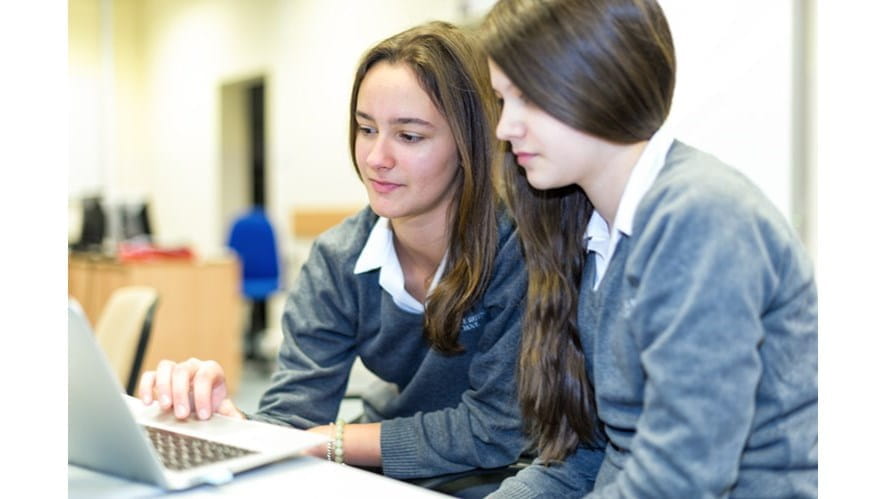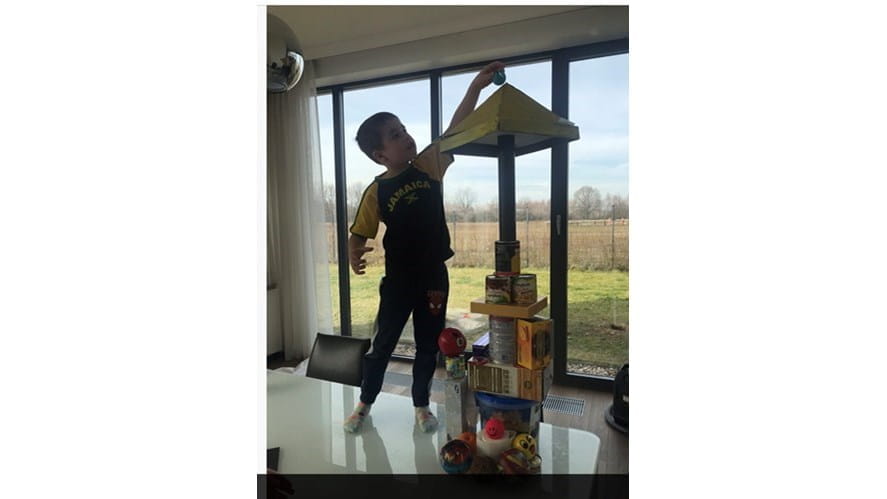Are you curious about the world around you?
It's no secret that curiosity makes learning more effective and enjoyable.
It's no secret that curiosity makes learning more effective and enjoyable.
"Curious students not only ask questions, but also actively seek out the answers. Without curiosity, Sir Isaac Newton would have never formulated the laws of physics, Alexander Fleming probably wouldn't have discovered penicillin, and Marie Skłodowska-Curie's pioneering research on radioactivity may not exist.”(Stenger, 2014)
Students learn best when their curiosity is piqued, as according to Gruber, curiosity puts the brain into a state that allows it to learn and retain any kind of information, like a vortex that sucks in what you are motivated to learn, and also everything around it. It is during these moments where we see high levels of motivation, engagement and involvement from our youngest to eldest students. As educators, we continuously endeavour to foster inquisitive minds: in Early Years through exploration, communication and discovery as we develop the interests of the children; and in Primary through our IPC units which enable the children to inquire and ask questions daily. Children receive a high level of satisfaction when answering their own questions, inquiries and curiosity.
The outdoor environment in the Early Years campus is a haven of curiosity where the children explore nature, taking their inquiry from indoor to outdoor, and equally from outdoor to indoor. There is a strong interest in the winter weather with frost and ice, as the children are curious about when, if, or even why it will snow. The development of Curiosity Cove in the Limanoswkiego campus is in its early stages to further enable outdoor learning in the spring.
As an adult, I often wonder, what if we decided to be curious about our world and were willing to deconstruct what we thought was normal on a regular basis? How would our world change and would it change for the better? A major part of being open to change is being curious. When adults or children learn about something new it is less daunting than if we know nothing. The more we know about a new thing, the more open we’re going to be about giving it a try. How often do we find that when we dive into learning something new, we often find a lot that is familiar. This is the same for children. When there is familiarity, they are willing to take a chance. This stems from curiosity. Being curious means asking questions. We don’t have to ask others questions, we just have to ask ourselves one question: “what would happen if…?”
This question is the most powerful question anyone can ask. It opens up a new world, one where change becomes your friend and one where a better tomorrow is always possible.
Sheree Hay
Assistant Head Early Years and Primary (Creativity)
Reception Class Teacher





